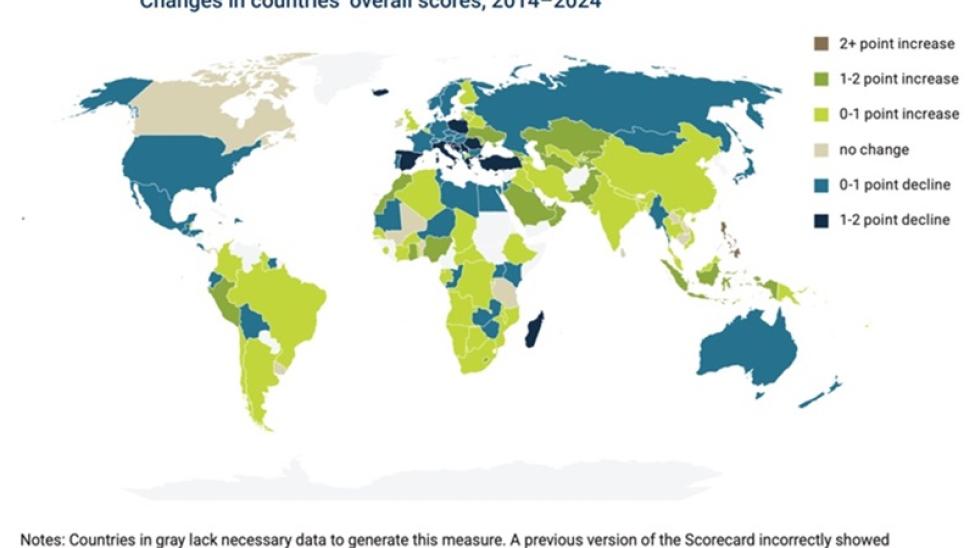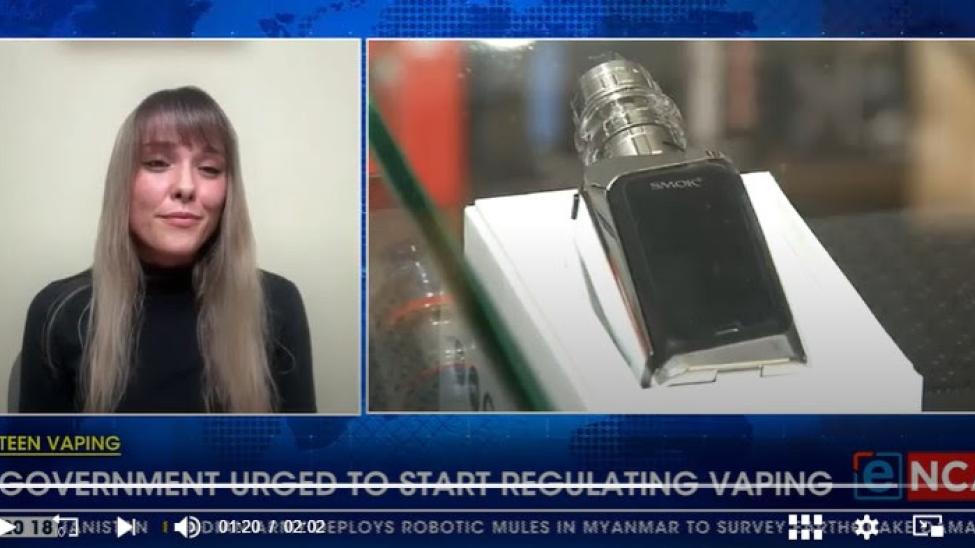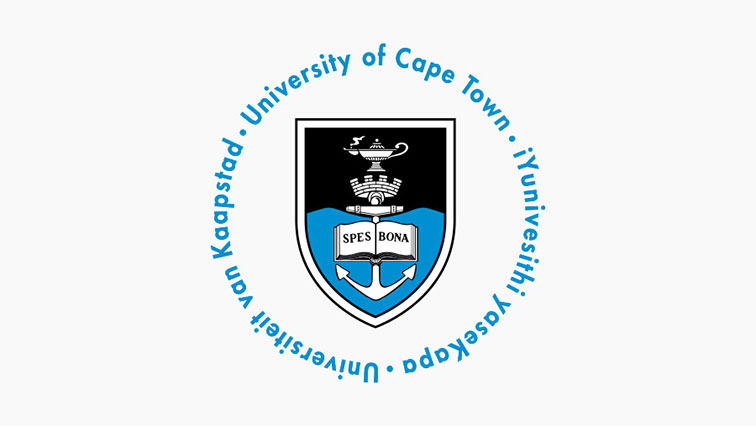Welcome to the Research Unit on the Economics of Excisable Products (REEP)
Since July 2019, REEP has been an accredited research unit within UCT’s School of Economics, under the directorship of Prof. Corné van Walbeek. As the name indicates, the unit focuses its research on economic aspects related to a variety of excisable products, specifically tobacco, alcohol and sugar-sweetened beverages. More recently there has been an increased focus on the economics and taxation of novel nicotine and tobacco products, as these products have become increasingly popular in many countries, including South Africa. While we are not a lobby group, our focus is on public health. Our motto is “Supporting public health through rigorous and independent research”. We never have, and never will, accept money from the tobacco, alcohol, or soft drink industries.
Our focus to date has primarily been on tobacco. The Economics of Tobacco Control Programme (ETCP) is likely to remain the dominant focus in years to come. The ETCP aims to expand current research efforts in the economics of tobacco control, and to enhance the knowledge of economic and tax issues among tobacco control advocates and policymakers, to strengthen support for tobacco tax and price increases in low- and middle-income countries. Closely associated with the ETCP is the WHO Framework Convention on Tobacco Control (FCTC) Knowledge Hub on Tobacco Taxation. Whereas REEP and the ETCP has a strong academic focus, the primary focus of the Knowledge Hub is on dissemination and policy support. The two units have a strong symbiotic relationship. REEP creates the necessary credibility, while the Knowledge Hub makes the work relevant for policy implementation.
Whereas tobacco use is a truly global problem, alcohol misuse is more localised. South Africa has a very substantial problem with alcohol misuse. Members of the REEP team have done some research on alcohol in the past, but much more work is required. Currently research in alcohol is not well funded - and most of the work that has been done in REEP, has been done on an ad hoc basis. We hope to increase this in future.
In April 2018, South Africa introduced an excise tax on sugar-sweetened beverages. This tax is in line with the growing international trend to tax unhealthy foods to slow down the obesity epidemic. Obesity is likely to become an increasingly important issue for the public health community in decades to come, and REEP wants to support the debate by creating policy-relevant research in this area. To date we have been involved in a small number of research papers in this area, and have supported the government in implementing this tax, based on our experience in tobacco control.
Excisable products are identified as those goods that generate negative externalities (i.e., the use of which leads to a reduction of social welfare). REEP positions itself as a consort of independent, pro-health researchers focusing on a number of excisable products with health-related negative externalities. REEP does not focus on excisable products like petroleum, carbon, and plastic bags, where the externality is primarily on the environment. REEP operates in the field of applied economic research, hence it is data- and evidence-driven. REEP is not a pro-health lobby group; it is, first and foremost, a group of social scientists.
REEP's funding comes from a variety of sources, including the Bill & Melinda Gates Foundation (BMGF), who fund tobacco-control efforts in Africa mainly through the African Capacity Building Foundation and Tax Justice Network Africa (TJNA). Other important funders are Cancer Research UK, the International Development Research Centre (IDRC), Vital Strategies, the CDC Foundation, the World Health Organization (WHO), and the DG Murray Trust.


















